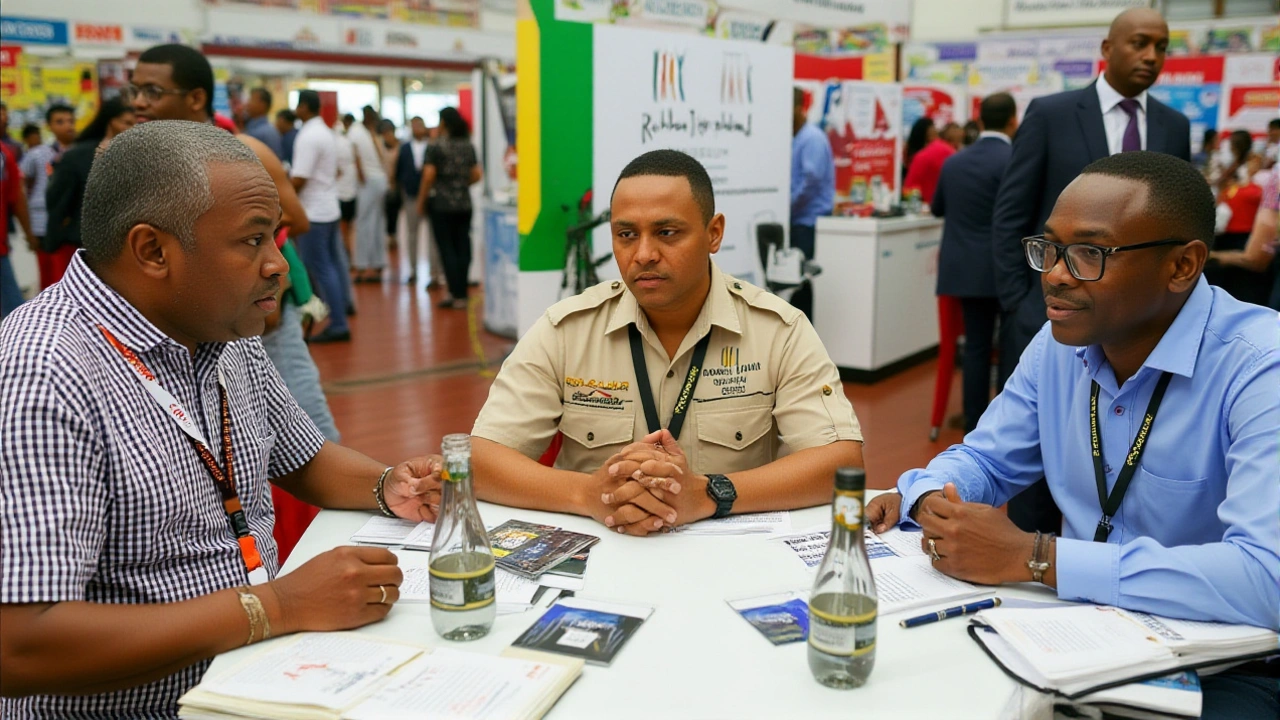When you hear Robben Island, the small prison island off the coast of Cape Town famous for holding political detainees during apartheid. Also known as Robbeneiland, it has become a symbol of resistance and reconciliation. The island’s story is tightly linked to Nelson Mandela, the anti‑apartheid leader who spent 18 of his 27 prison years there, whose leadership turned the harsh cells into a classroom of hope. Robben Island offers visitors a chance to walk the same corridors, see the limestone quarry where inmates were forced to work, and understand how a place of oppression turned into a global heritage site.
Understanding Apartheid, the system of racial segregation enforced by the South African government from 1948 to 1994 is essential to grasp why Robben Island became a detention hub. The island served as a micro‑cosm of that regime, where activists were isolated but also educated each other. In 1999 the United Nations recognized the island’s importance by designating it a UNESCO World Heritage Site, protecting its cultural landscape and ensuring its story reaches future generations. Today, the site’s management balances preservation with tourism, turning former prison blocks into classrooms that teach visitors about human rights, restorative justice, and the legacy of the South African prison system.
From school trips to international researchers, Robben Island continues to spark conversation. Programs that focus on leadership, conflict resolution, and civic engagement often use the island as a case study, showing how a place of suffering can inspire global change. Recent debates about reparations, heritage funding, and digital storytelling demonstrate that the island’s impact is still evolving. Below you’ll find a curated list of articles that explore the island’s history, its role in modern South African politics, visitor experiences, and how its narrative intersects with broader themes like social justice and cultural preservation.
The island itself spans just five square kilometres, but its landscape packs a punch. Its rugged cliffs, wind‑pounded beaches, and the iconic limestone quarry where prisoners once toiled create a stark backdrop for reflection. The natural environment has been largely left untouched, allowing visitors to experience the isolation that inmates felt. Birdwatchers also flock here, spotting kelp gulls and African penguins nesting among the rocks. This blend of natural beauty and historic weight makes Robben Island a unique field‑trip destination where ecology and memory intersect.
Inside the former prison, the museum curates artifacts, photographs, and oral histories that bring personal stories to life. Audio guides let you hear first‑hand accounts from former detainees, while interactive displays illustrate the daily routine in the cells and the underground education network that blossomed despite harsh conditions. The museum’s educational wing partners with schools to develop lesson plans on civil rights, encouraging students to draw parallels between South Africa’s past and current global movements for equity.
Modern activists often cite Robben Island as a reminder that peaceful resistance can outlast even the toughest oppression. Social media campaigns reference the island’s “long walk” as a metaphor for ongoing struggles against injustice worldwide. Scholars use the site as a case study in transitional justice, debating how societies can balance truth‑telling with forgiveness. These discussions feed into policy debates on reparations, prison reform, and heritage funding, keeping the island’s legacy alive in contemporary debates.
Whether you’re planning a visit, researching historical lessons, or following the latest debates on heritage preservation, the articles below give you a broad view of Robben Island’s past and present. Explore in‑depth analyses, personal narratives, and up‑to‑date reports that show why this small island continues to shape conversations far beyond South Africa’s shores.

South Africa pitches Robben Island and Cape Town to Kenyan tourists at the Nairobi expo, unveiling a Pan‑African pricing plan and support for Kenyan business events.
Read More